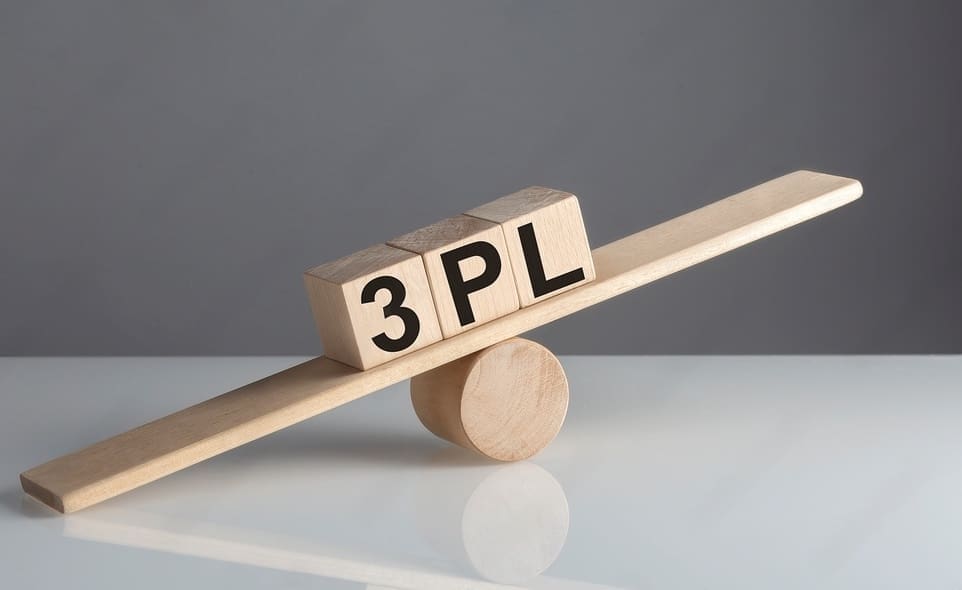A good freight broker can solve your shipping dilemmas, save you money, and help your business run smoother. But how do you know if you’re working with the right one? And if you are, how can you make that relationship long-lasting, productive, and lucrative? The tips below can help you to get the most out of your freight broker:
1. Check Broker Licenses, Bonds, and Insurance.
In order to operate as a freight broker, a company needs to have a Motor Carrier Operating Authority (also called MC authority) from the Federal Motor Carrier Safety Administration. The FMSCA also has insurance requirements* and strict bonding requirements that ensure brokers follow all rules and regulations. You can check your broker’s license, bonding, and insurance information in this searchable FMSCA database.
Speaking of insurance, most freight brokers carry contingent cargo insurance, which offers protection in case a primary insurance company refuses to pay damages. Many brokers also carry liability and ‘errors and omissions’ insurance, and all of them should offer to assist you with insurance claims if an issue arises.
* The FMSCA site shows the required federal minimum coverage for compliant companies. Carriers may actually have higher levels of coverage.
2. Ask How the Broker Chooses Carriers.
Carriers, like brokers, are subject to federal rules and regulations. Your broker should confirm carriers’ operating authority, safety ratings, and insurance coverage. Again, like brokers, carriers have different types and amounts of coverage, so ask about it when you’re talking insurance with your broker. It’s also a good idea to discuss carriers’ reputations, the size of their fleets, and age of their equipment, and to ask how long they’ve been in business.
Ask your broker about truck selection, too. Though many use electronic posting services, great brokers will have additional resources available—resources that can help you get the best routes and rates.
Lastly, find out how your broker matches loads to carriers, how they confirm pick-up and delivery, and if that communication is in writing.
3. Communicate Clearly (and In Writing).
Good communication is always a two-way street, and the interaction between shippers and brokers is no exception. As a shipper, you need to know exactly what the broker will provide. Your broker needs to know any pertinent info about your business, and specific information about loads—not just pick-up and delivery windows, but load weights and measurements as well.
All verbal communication should be backed up in writing. Ask for written quotes that break down any additional charges and fees—especially if you ship internationally, as taxes and customs fees can be significant. You should also have a written contract that clearly outlines the terms and conditions of the work. Don’t use a standard motor carrier agreement: You need one that clarifies the broker’s role.
4. Let Brokers Handle the Legalities and Logistics.
You probably hired a broker to make your life simpler. Let him do his job. A good broker knows trade and shipment laws and regulations, understands the intricacies of import and export, and has a wealth of experienced and knowledgeable contacts available to answer questions. Do your part by giving your broker specific information about your shipment, but don’t try to handle the logistics yourself. Leave it to the professional.
At Next Exit Logistics, we earn the trust of our clients with efficiency, transparency, and security. In addition, we understand how to handle freight services for unusual, oversize, or overweight shipments and are certified to arrange the shipment of hazardous materials. To learn more about our services, call Next Exit Logistics at 866-624-2661 or contact us via e-mail.




